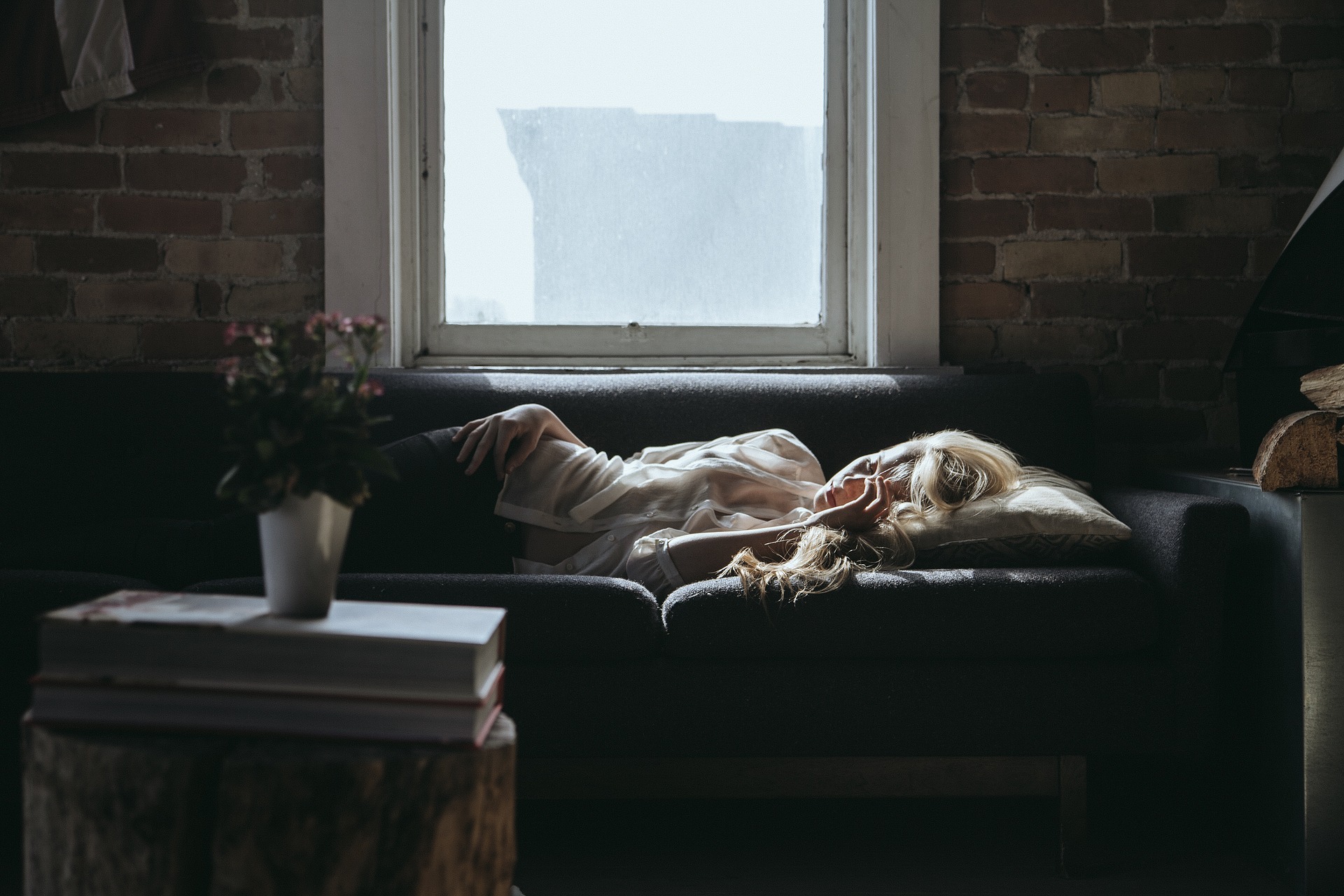



The Top Trends in Steam Baths and Showers Today Dec 18, 2024


How to Keep an Active Lifestyle for Seniors Dec 11, 2024


The Restaurant That Sued Its Customers: The Reputation Fallout from a Legal Battle Over Yelp Reviews

The Restaurant That Sued Its Customers: The Reputation Fallout from a Legal Battle Over Yelp Reviews Nov 29, 2024

10 Tips on Getting a Better Night’s Sleep
May 05, 2019 19:20
While we know how important sleep is to both our physical and mental health, achieving a good night's sleep can be a struggle. You might find yourself tossing and turning in bed, unable to sleep. If we are so sleep deprived, why is it that so many of us have a hard time falling asleep and staying asleep?

The fact is that getting a good night's sleep is dependent on your overall lifestyle habits during the day, as well as your overall sleep environment. Below are ten easy ways you can help achieve a better night's sleep.
1. Decrease the amount of caffeine you consume. While a cup of tea or coffee can give you a brain boost during the day, having too much caffeine will inevitably disrupt your ability to sleep at night. 400 mg—about four cups of coffee—is the maximum amount to shoot for. Also, since caffeine can stay in your system for several hours, you'll want to avoid it past lunch time.
2. Don't eat a large meal within a few hours of bedtime. As a rule of thumb, dinner should be scheduled a few hours before bedtime, and it should be the last bit of food you eat for the day. Big meals take time to digest, which can keep you awake.
3. Avoid daytime naps. As hard as this is for the sleep deprived, naps interfere with your circadian rhythm, and can increase your risk of insomnia.
4. Exercise during the day. A good cardiovascular workout can help your body expend energy so that you can relax more effectively when it's time for bed. Be sure to fit in your workouts during the day though, as exercising within a few hours of bedtime can interfere with sleep.
5. Practice a relaxing bedtime routine. A relaxing routine, such as reading, meditation, or listening to nature music, can signal your body that it's time for bed. You can also buy vitamin d lamp as it is great for people who suffer from circadian sleep disorders, jet lag, etc.
6. Set your room to a cool temperature. If you find yourself tossing off sheets and blankets in the middle of the night, chances are your room is too hot. Ideally, your bedroom should be 68 degrees or cooler.
7. Invest in new sheets. An uncomfortable sleep environment could mean your sheets need to be replaced. Cotton sheets work best because they stay in place while absorbing nighttime sweat.
8. Take melatonin. When taken 30 minutes before bedtime, a melatonin supplement can help you fall asleep without having to rely on sleep medications. Ask your doctor if you're able to take this supplement, especially if you're taking any prescription drugs.
9. Diffuse lavender essential oils in your bedroom. Lavender is proven to have calming effects on the brain, which can help you land into sleep-mode more easily. Diffuse the oil, or mix together with water in a spray bottle for direct application on your sheets.
10. Create a sleep schedule, and stick with it. If you find yourself making up for lost sleep by sleeping in on the weekends, you could be doing yourself more harm than good. For a good night's sleep on a consistent basis, you should be going to bed and waking up around the same time every single day.
Author Bio:
Pankaj Sharma- I work with Top10.Today, a shopping comparison site, where we strive to help consumers find the best quality and priced products.

In a world flooded with fast fashion and trend-chasing designs, one Arab brand dares to slow down and look deeper — into memory, into meaning, and into the eyes of a mother.SeeMe, a luxury fashion and accessories brand based in Amman, Jordan, is not just another name in the fashion scene. It’s a personal, artistic journey born out of love, grief, and identity — a brand that literally sees you. Read more

Let’s get one thing straight—sarees are never going out of style. What does evolve, though? The drape. From grandmom-core to fashion-week realness, diff styles of saree draping are having a moment (again). Whether you're learning to pleat from YouTube or remixing the pallu with boots and a belt, this six-yard stunner continues to be the ultimate canvas of expression. Read more

Is your anniversary on the horizon? It’s undoubtedly a memorable occasion that you should celebrate grandly. You don’t always have to go the whole hog; sometimes a cute gesture such as flowers, a handwritten note, and even a delicious anniversary cake works wonders. But how do you choose the perfect cake to delight him/her on the big day? Here are some choices worth considering in this case. Read more
LIFESTYLE
Mar 19, 2025 21:34
Copyright © Fooyoh.com. All rights reserved. User Agreement | Privacy Policy | Contact us
| Advertising
| About us
| Careers

















































